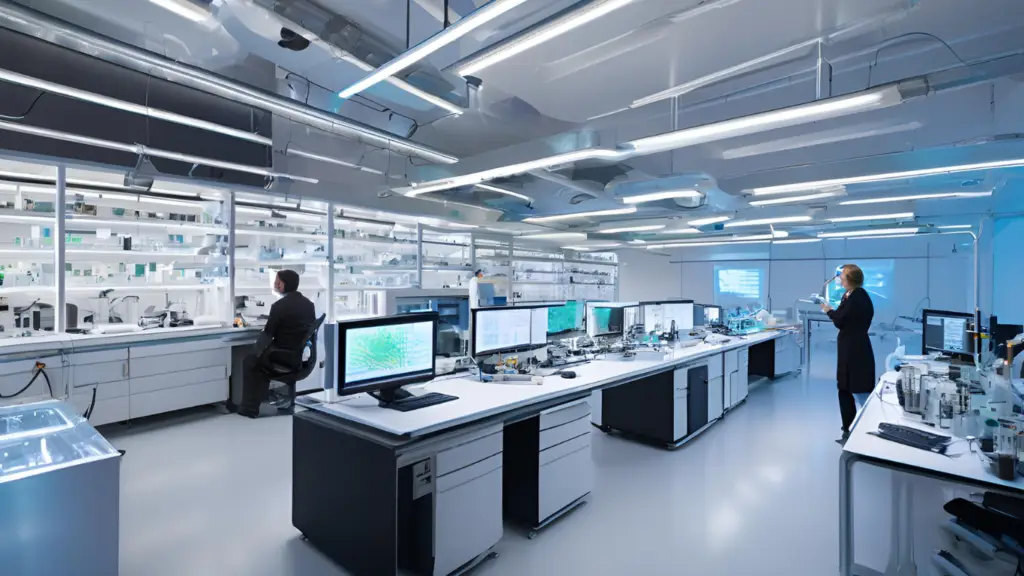
Technology has always led the way for humanity. Each major breakthrough, from the invention of the wheel to the creation of the internet, has transformed both our world and ourselves. Now, as we stand on the brink of another massive leap, many of us ask: how far will technology go in the future? Will we enter a sci-fi reality, or will the limits of our world keep us grounded?
As we explore the possibilities, it’s exciting to imagine how far technology will go in the future. Could it reshape life as we know it, or will there be unforeseen boundaries that stop us from soaring higher? Here’s a look at some possibilities that may pave the road to our future.
By thinking about how far technology will go in the future, we open doors to endless imagination. The coming advancements could impact every aspect of our lives, from transportation to communication, making it clear that the journey of technology has only just begun. How far will it really go? The answer may surprise us.
1. Artificial Intelligence in a New Era
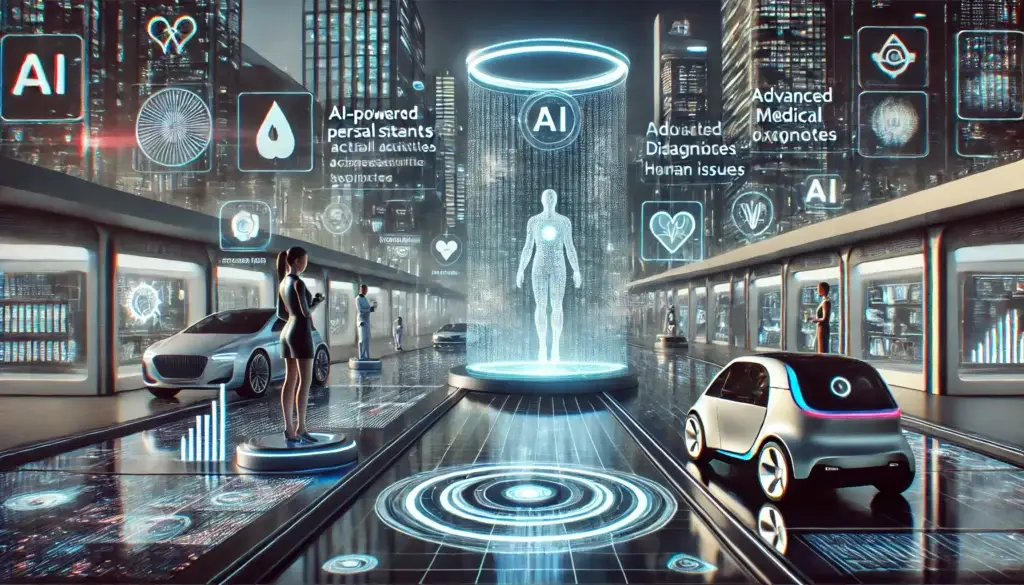
The idea of such a Sci-Fi movie is not just an artificial intelligence(AI) but has become part of life of human only. They can put a correct face in front of your wizard rectangle predict new shit that’s good familiaralogically with the old shit you’ve parsed through it and licked joyously off your fingers; take you for driveing. However, where is this technology possibly headed? In the future, AI is likely to become even more integral in our lives. Explain personal assistants that know you better then your best friend or that in break also AI diagnoses which health issue diagnosed in the human body before symptoms come into sight.Those efforts have huge ethical implications. What Are We Willing To Cede To A Machine? More importantly though what does this have to do with our work and personal privacies? These are questions society will be forced to ask and answer as it increases its usage of AI in both productive capacities and the balancing act between creating amazing things with technology whilst deploying it responsibility.
2. The Quantum Computing Era
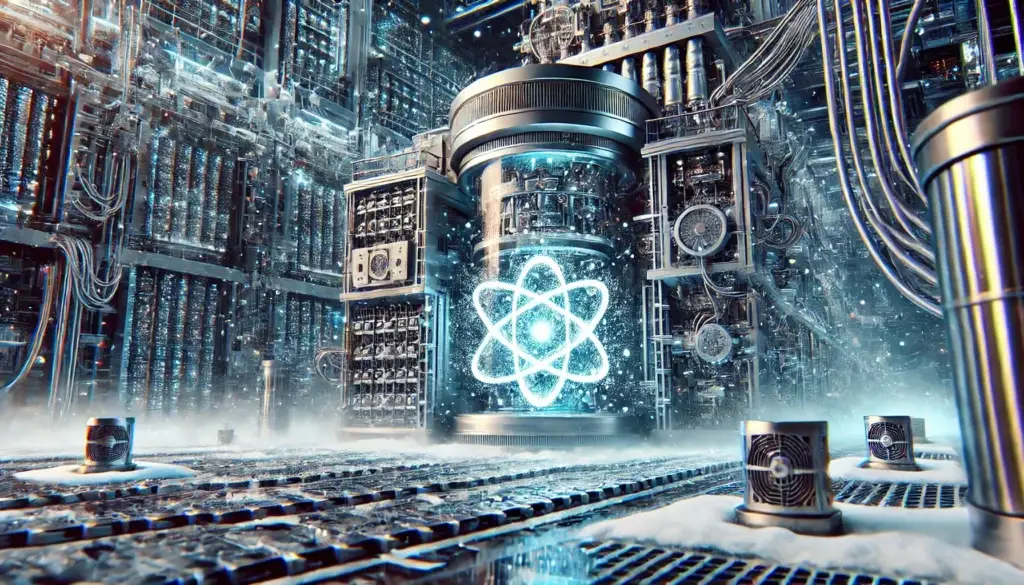
Quantum computing is a whole different animal and one of the next frontiers of technology that stands to disrupt literally everything we do. Quantum computers, however, eschew bits (0s and 1s) for quantum bits or qubits that can exist in multiple states simultaneously. These would be revolutionary problem-solving machines that could crack anything from breaking complex encryption to more accurately simulating molecular structures for drug discovery. However, while IBM has long danced around the concept of quantum computing before this point in various research capacities, ‘real’ or practical quantum computers as we might recognise them are still very much ‘under development. They are temperamental beasts, however, because of the near-absolute-zero temperatures they operate at. Meeting these challenges could, nevertheless, present a huge prize the kind of problems not just being unsolved by classical computers at present.
3. The biotechnology of human improvement
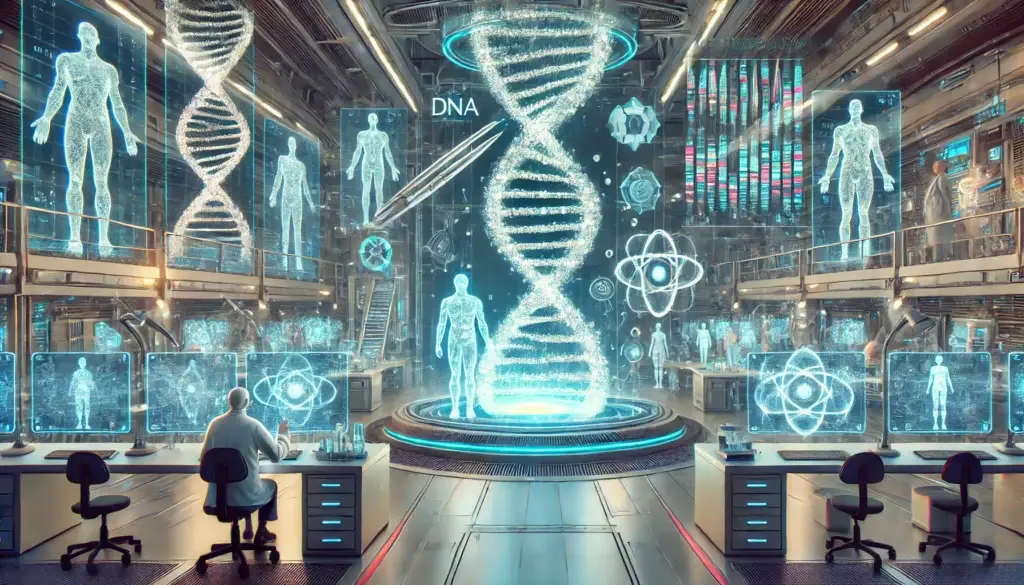
Biotechnology’s magical charms are entwining with a vast new knowledge of human biology to raise prospects long consigned to the realm of science fiction. This technology can change our genetic materials, then you can visualise how revolutionary this is going to be for fixing the some of the inherited diseases as well as modifying human characters itself. How about a world in which gene therapy has cured cancer, or where the human lifespan has been dramatically extended? This will be an area deeply suitable for ethical consideration, as the opportunity to edit the human genome raises questions of genetic disparity and potential ‘designer’ humans.
4. The Contagion of Autonomous Devices
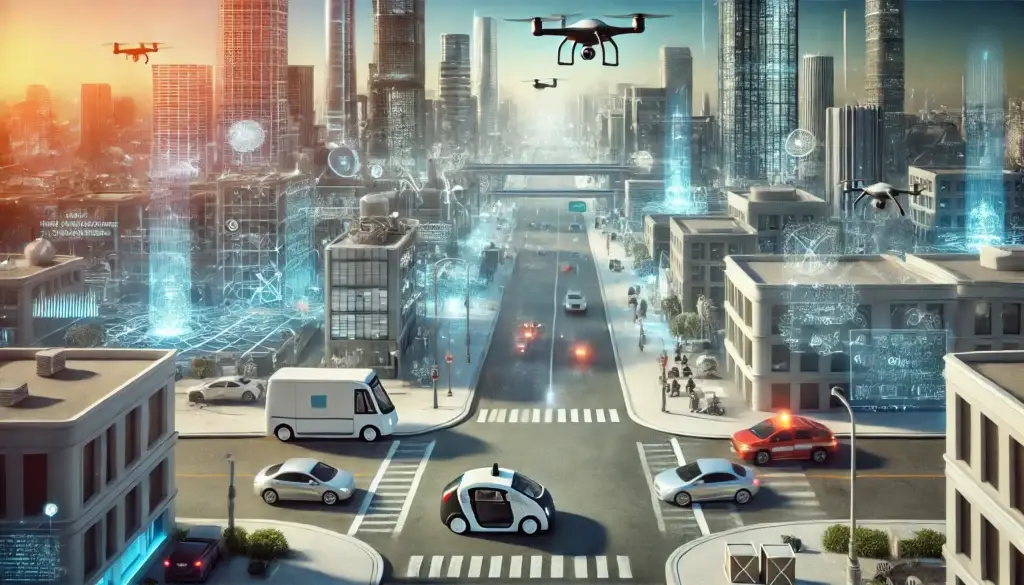
We are increasingly surrounded by autonomous systems, from self-driving cars to drones. Therefore, it might eventually be a step towards some degree of city automation where transportation [and] delivery services (to some extent) or even emergency responsibilities are done through smarter machines. This might save human error and time, but comes with a down side of safety and job displacement.Daily life use of autonomous systems will require a great deal on infrastructure and law. This whole set-up might make you wonder about the ethics and safety of these systems.
5. VR and AR (image source)
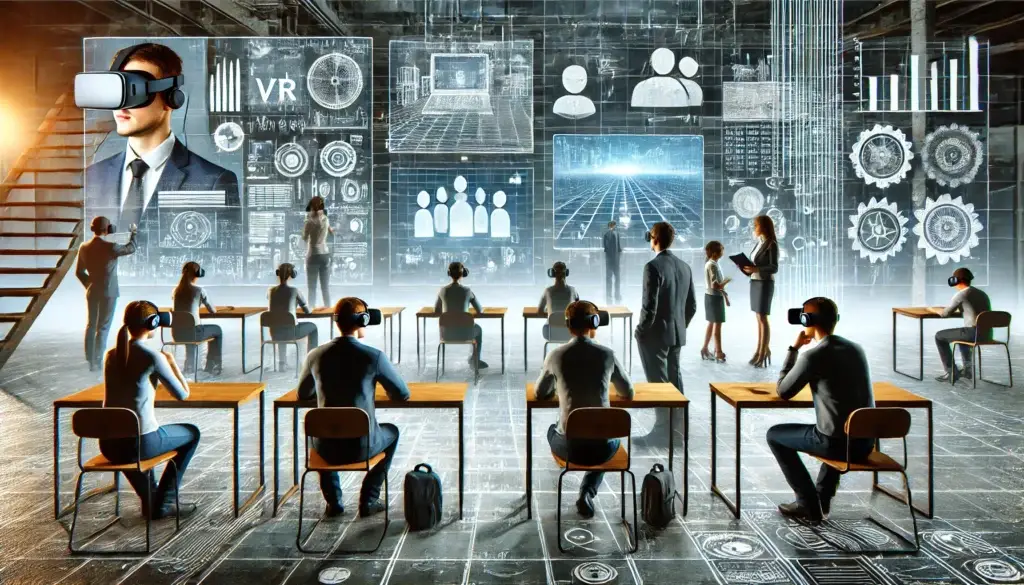
From Gaming to Real Learning: The Practical Promise of VR + AR Virtual Reality (VR) and Augmented Reality (AR) have advanced from merely a form of fancy gaming. The best is yet to come! Physically step into virtual classrooms or work meetings, and even physically overlay digital information onto the real world with AR glasses.That could result in entirely new ways of interacting with information and each other, helping to blur the line between our real world and its digital counterpart. But, this bring us back to square one if consider how addict we have become to real life over virtual with what it is doing to our social life and mental health.
6. Green and Sustainable Technologies
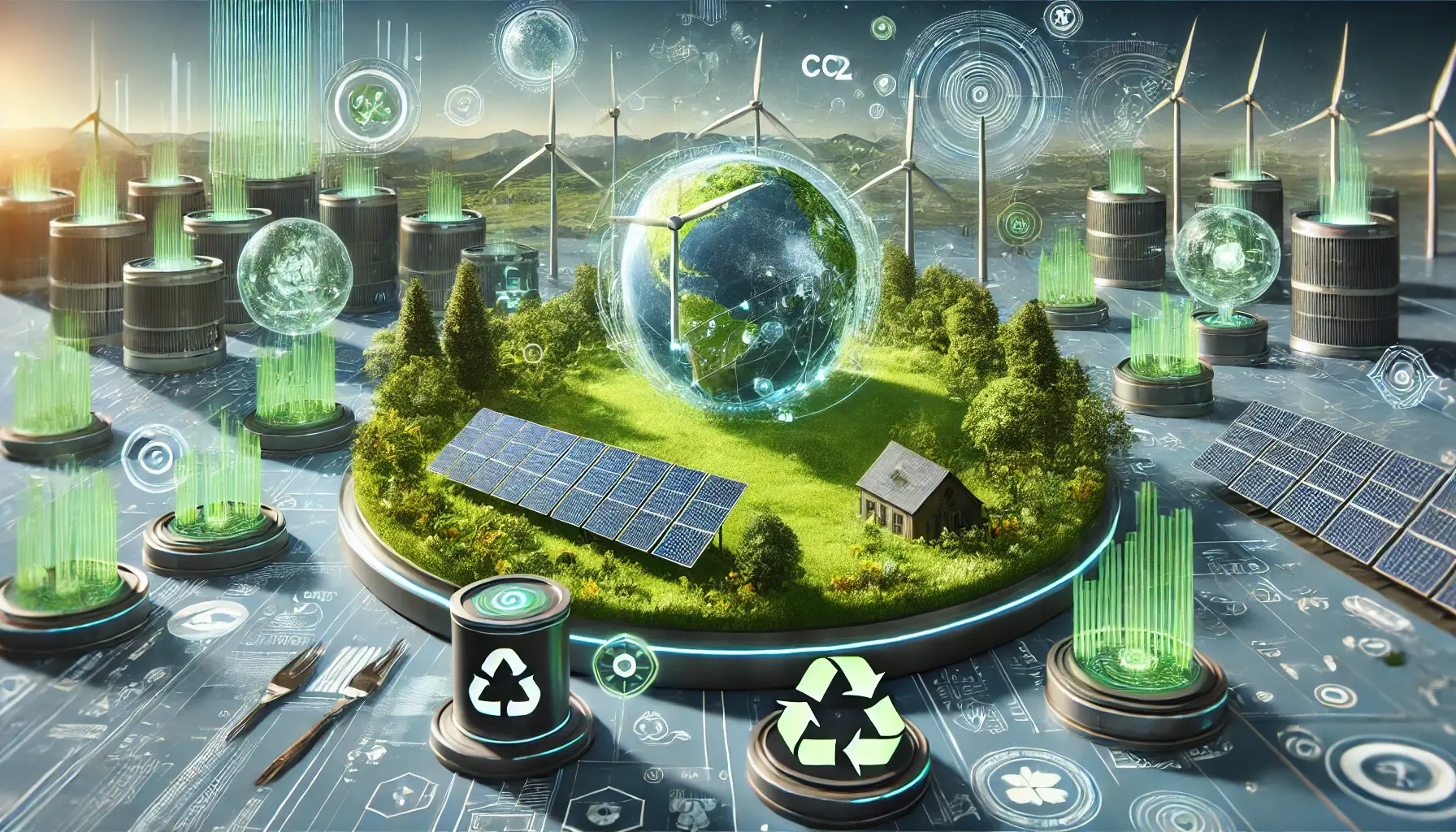
The more tech we push through, the larger footprint we leave on our planet. Sustainability is a large element of the future techsAdvanced solar panels, wind turbines, or better energy storage are all leaps forward which could easily break down and recalculate our release of CO2 Furthermore, improvements in materials science could lead to sustainable goods and industrial processes that are far more recyclable with less waste. Ultimately, the biggest challenge would be able to make these technologies cost-effective as well as environmentally friendly checklists- all of that parties while serving more and more people across the globe.
7. Exploration and Colonizing Other
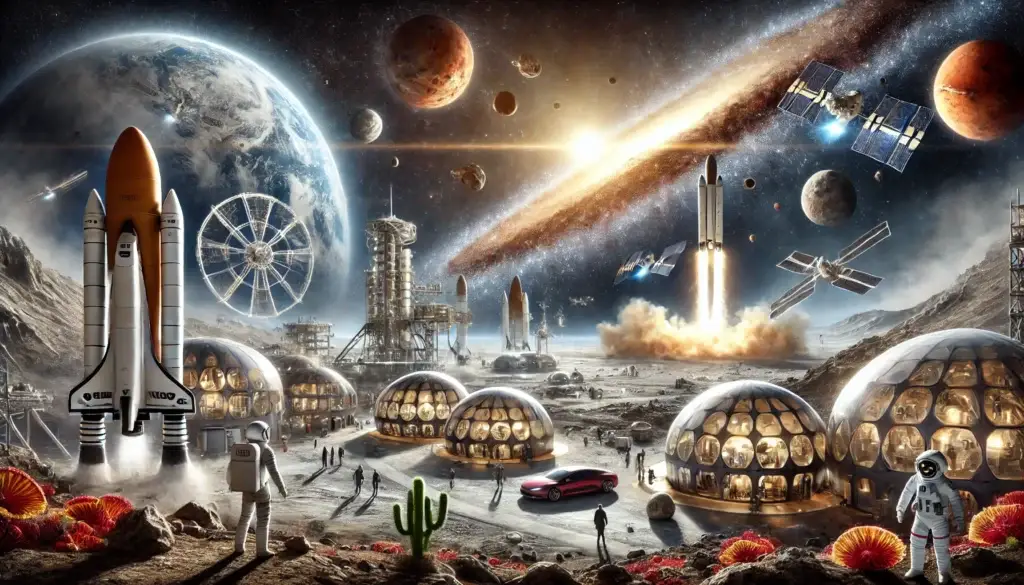
For all we know, technology could somehow make it possible that one day this is our reality but space and its mystery fascinates us. Is this going to be another status quo being maintained, which is American companies like SpaceX pushing at the edges of space travel, all the way to even Mars colonization… or is this changing over today? The future of space may involve humans living on other plants, mining the resources held by asteroids and even spreading throughout our own solar system. To do this will require novel life support, habitat building and space transportation approaches that bring new opportunities but also carry large risks.
8. IoT (Internet of Things)
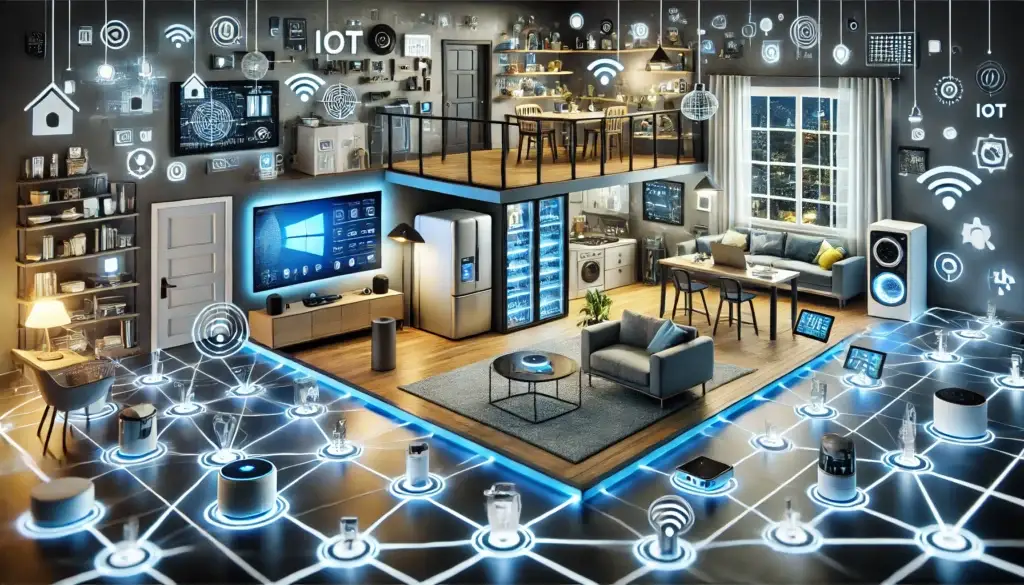
That is exactly where the Internet of Things (IoT) enters in, and meshes connect; shares, communicates and talks with each other — much beyond not only just talking to humans but also about machines. More of the same: home is where the future will be, but it doesn’t need to be a prison.
Conclusion
In the end technological progress changes our lives in ways we might never have imagined. We stand at this pivotal point of change like AI that is shaping industry verticals or Space exploration and horizontal expansion. These things are exciting possibilities, but they raise a question America has been trying to figure out forever: How far do we want technology to go? What would be the ethical, environmental and social considerations as we work to innovate?
The future is a solution that lies right before us, all that we have to choose is the nature of the future which we strive for. We must reach a balance — forward-looking but also at a pace of responsibility.
So, what do you think? Q: Do you see us heading in a tech direction at all, and if so, how can we use this power for good?
Stay tuned for the next post in The Ethics of AI and Automation series, where you can learn more about what it all means. Comment your thoughts and let the discussion roll!
